Meet the women using Acupuncture to keep Millennials' minds in check
As part of Mental Health Awareness Week, we sat down with Georgie and Grace, the 27-year-old co-founders of The Elements Project, to discuss the role that acupuncture can play in a healthy body
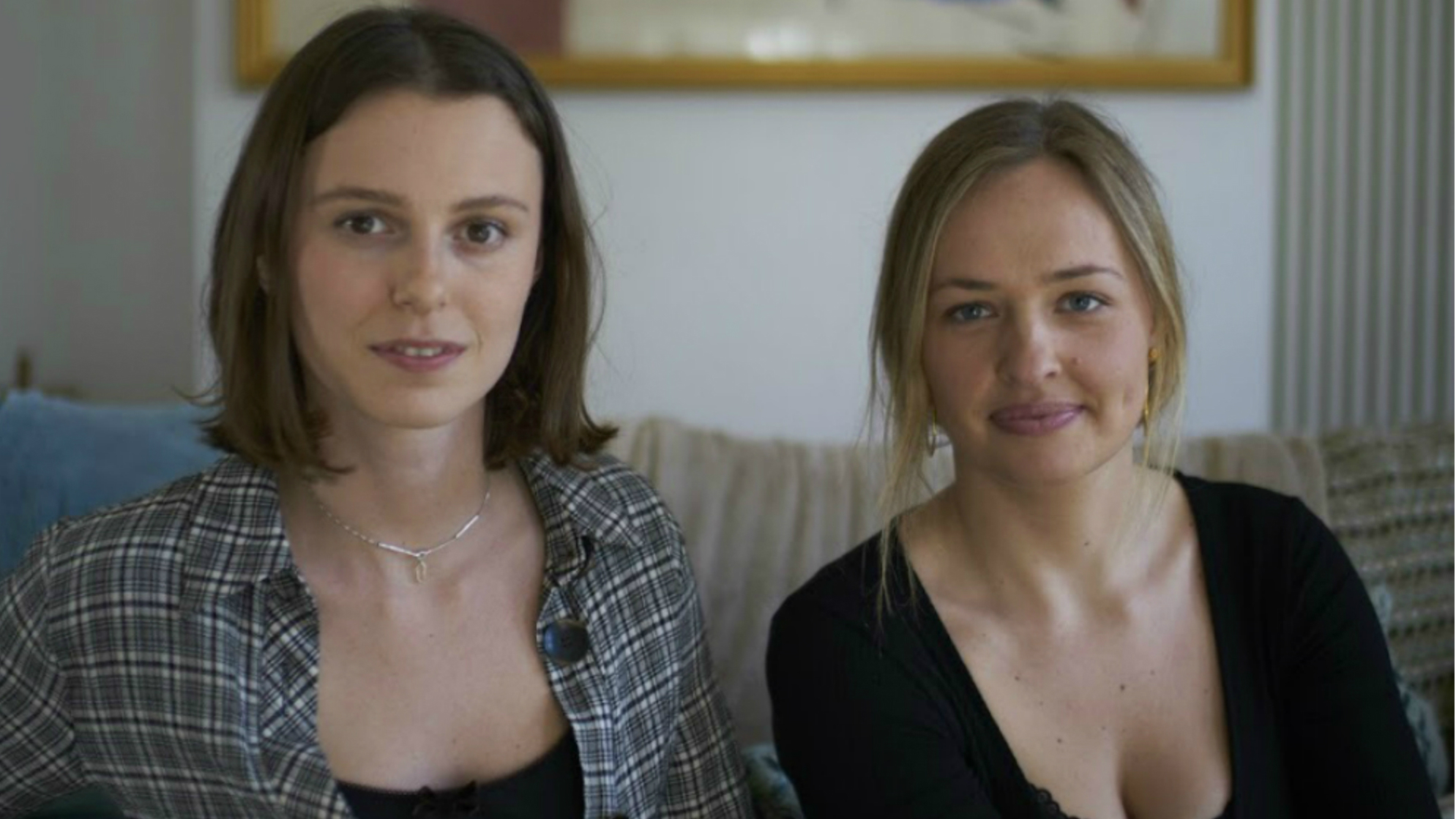
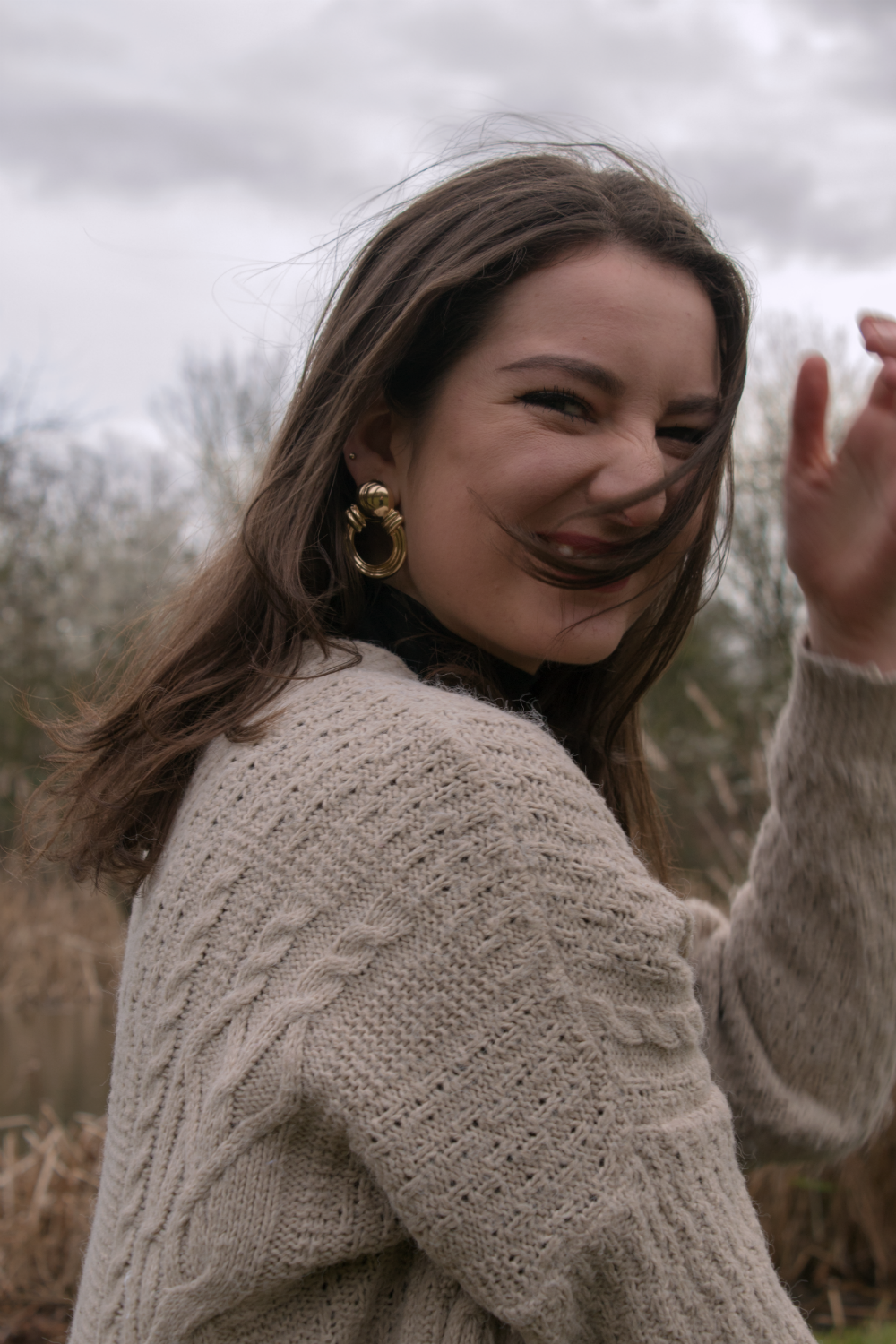
As part of Mental Health Awareness Week, we sat down with Georgie and Grace, the 27-year-old co-founders of The Elements Project, to discuss the role that acupuncture can play in a healthy body
The conversation around mental health has become one that we can't get away from. Nor should we try - considering almost five times as many young people suffer from a mental health condition compared to just 10 years ago.
As specialists grapple to ascertain the exact source behind the mental health epidemic we're currently facing, millennials too have struggled to find ways to cope with their own fluctuating mental wellbeing.
From meditation apps, to talking groups and medication, the complicated reality about mental health is that there's no one clear path that works for everyone.
But the good news is that more people are facing up to their own anxiety, depression and other mental health problems by taking action in the form of holistic therapies, such as meditation, aromatherapy and acupuncture.
We sat down with Georgie and Grace, co-founders of The Elements Project, an acupuncture practice modelled on the principles of Five Element Acupuncture.
Together, we discussed the potential healing benefits of acupuncture on worried and frantic minds, and why it could be worth bringing the 2,000 year old practice back within the reach of modern day society.
Marie Claire Newsletter
Celebrity news, beauty, fashion advice, and fascinating features, delivered straight to your inbox!
How did you get into acupuncture?
Georgie: I was in a really dark place, and my friend recommended that I see an acupuncturist. I was reluctant and thought, ‘well what the hell are needles going to do?’ It was a very subtle and gradual change, but slowly things just weren’t so awful, and then there was a real sense of peace.
Grace: I had an incredibly strong reaction to acupuncture when I felt totally disconnected after University. Within six months of starting treatment I had moved out to Morocco and set up a business on my own. I put that down to having had acupuncture – it’s about making you thrive and giving you access to your potential.
How was The Elements Project created?
Grace: We both took a nine-month intensive training course which is run by Gerad Kite (a leading Five Elements Acupuncture practitioner, renowned for his work in treating a range of conditions.) We lived and breathed acupuncture, and it showed us a totally new way of looking at life. Since then, we started treating and set up our own practice - we’re really excited about where this is going to go.
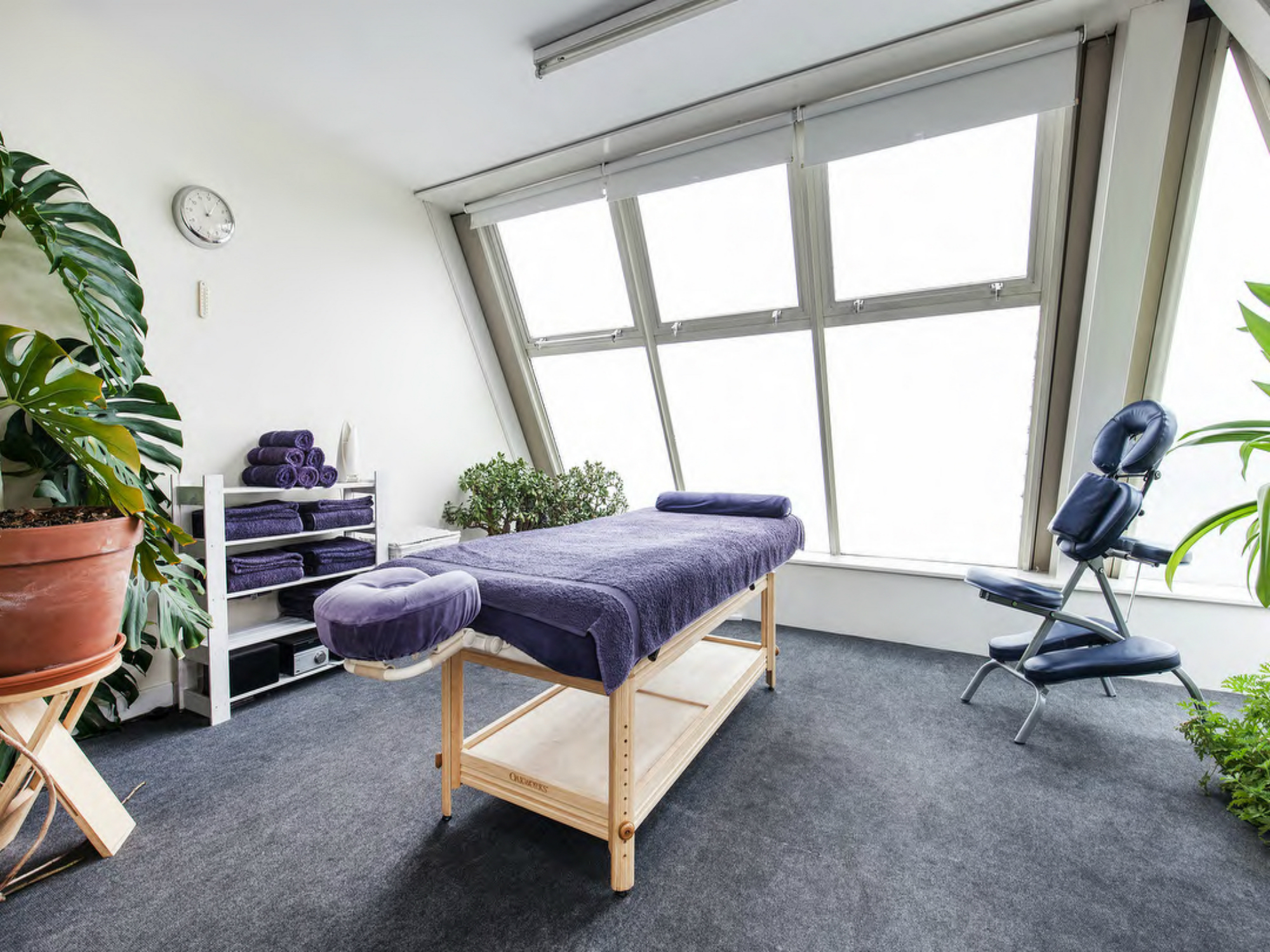
What conditions can acupuncture be used to treat?
Georgie: Due to lack of exposure or the more commonly known traditional Chinese medicine (TCM) most people associate acupuncture with relieving physical pain and tension rather than for its mental benefits. The Five Element practice is a holistic approach, rooted in the laws of nature, which sees the mind and body as completely interdependent. So whilst we treat many things, the majority are related to mental health - anxiety, depression, insomnia, inertia or lack of energy.
Grace: Five Element acupuncture upholds that when our bodies are in balance, we have that ability to heal ourselves. On a physical level we accept and know that when we cut our leg it will heal itself which is quite a magical thing. We should be able to do that on the mental level as well.
How do the individual sessions at The Elements Project work?
Grace: A patient will come in and talk with us, so we can get the full picture of everything that is going on. Then we move on to treatment. The needles allow us to activate and move around energy within the body with the overall aim to restore balance within the individual. We don't fix or cure anyone - we just facilitate a natural process so the individual can heal themselves.
Georgie: We recommend that patients come once a week for the first month, but the gap in between sessions may increase as the person gradually feels stronger, to once every two or four weeks.
Grace: Acupuncture is about maintenance though. A big thing with Western medicine is this idea that you fix the problem and then you’re done, but life continues to happen. We are constantly having external circumstances thrown at us that create stress. So even if you’re feeling fantastic, it’s important to continue treatment.
What do you think is having the biggest impact on millennial’s mental health?
Georgie: Technology has a huge part to play. We are switched on 24/7 and inundated with information which, whilst it opens up possibilities, often leaves people overloaded or paralysed. Moreover, social media sets us up for constant comparison which can led to ridiculously high, distorted and unrealistic expectations of ourselves. So many are striving to replicate the ‘perfect’ image they or others have cultivated online ( be it relationships, body or work) which fuels a sense of never feeling fully satisfied.
Grace: There is also this idea that because we are a generation that exists in a post war era, we have never had to live through this idea of ‘survival’. This has enabled us to stop looking externally at ‘the panic’, and starting to look within, becoming more aware of ourselves. We have been privileged enough to be able to look internally, but that’s why I think anxiety is becoming increasingly common. Our mission is to make people more aware of Five Element acupuncture and how it benefits mental health.
The Elements Project has two practices based in Brixton and Vauxhall. Visit www.theelementsproject.com and follow @theelementsproject on Instagram for more details.
Niamh McCollum is Features Assistant at Marie Claire UK, and specialises in entertainment, female empowerment, mental health, social development and careers. Tackling both news and features, she's covered everything from the rise of feminist audio porn platforms to the latest campaigns protecting human rights.
Niamh has also contributed to our Women Who Win series by interviewing ridiculously inspiring females, including forensic scientist Ruth Morgan, Labour MP Stella Creasy and ITV’s former Home Affairs Editor Jennifer Nadel.
Niamh studied Law in Trinity College Dublin. It was after enrolling in a Law & Literature class on her year abroad in Toronto that her love of writing was reignited. In no particular order, her big likes are Caleb Followill, hoops, red wine, sea swimming, shakshuka and long train journeys.
-
 Selena Gomez has re-entered the conversation about her 'Emilia Pérez' criticism
Selena Gomez has re-entered the conversation about her 'Emilia Pérez' criticismBy Jenny Proudfoot
-
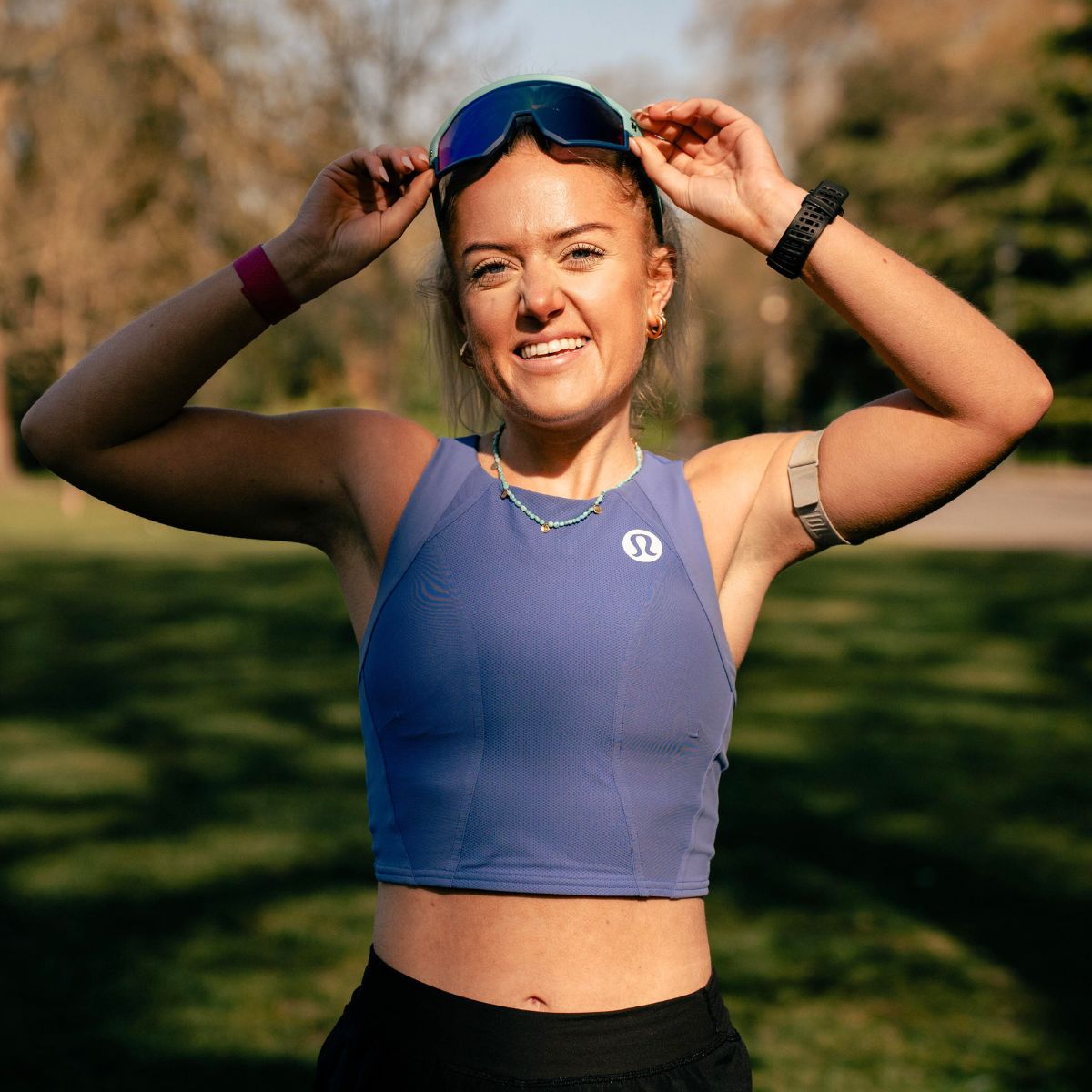 I'd never run a marathon before - six years on, I'm one of the UK's fastest female marathoners. Here's how I train every week
I'd never run a marathon before - six years on, I'm one of the UK's fastest female marathoners. Here's how I train every weekSerious inspo, served.
By Ally Head
-
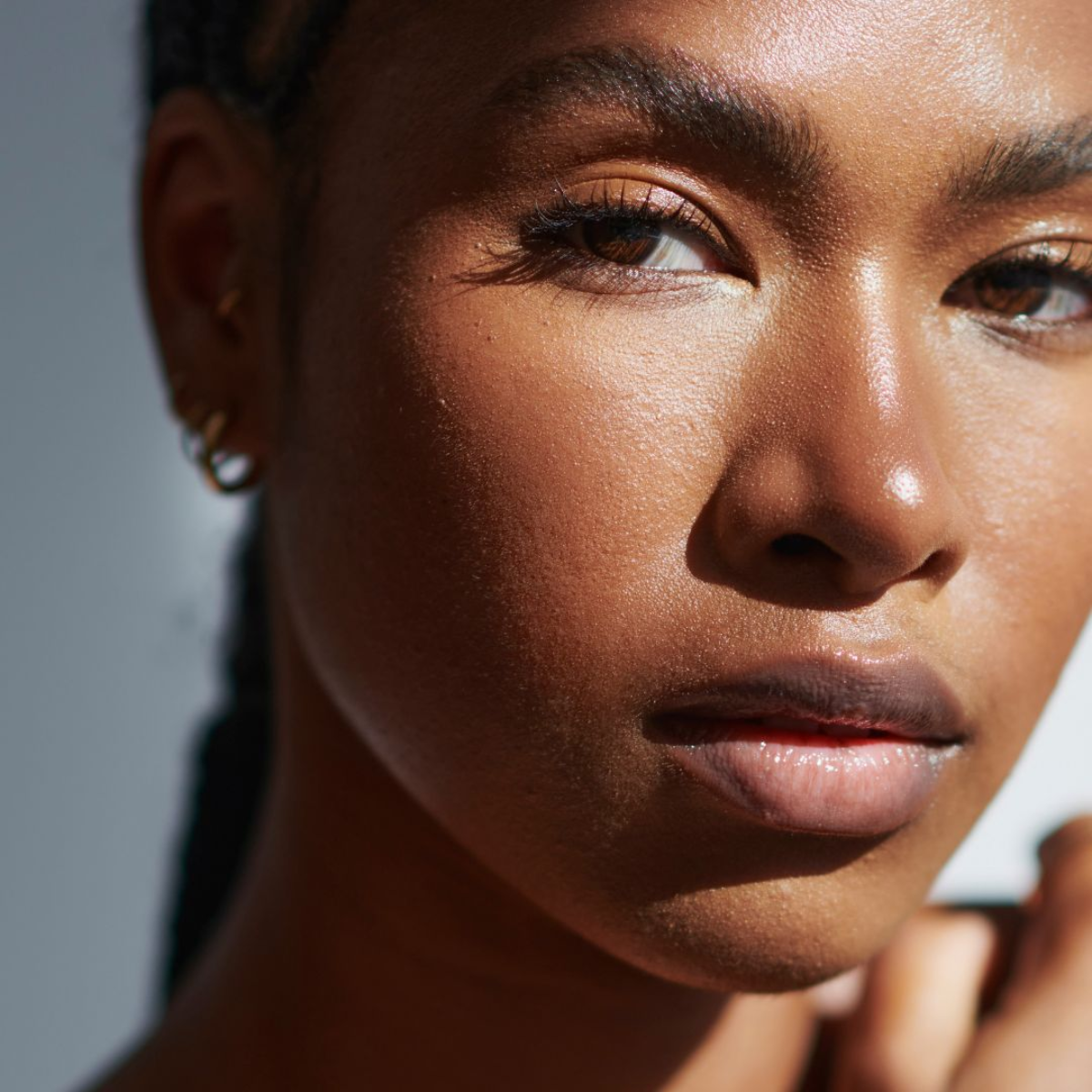 There’s a big difference between sensitive and *sensitised* skin—here are four derms on the key distinctions
There’s a big difference between sensitive and *sensitised* skin—here are four derms on the key distinctionsPlus, ways to approach both
By Denise Primbet